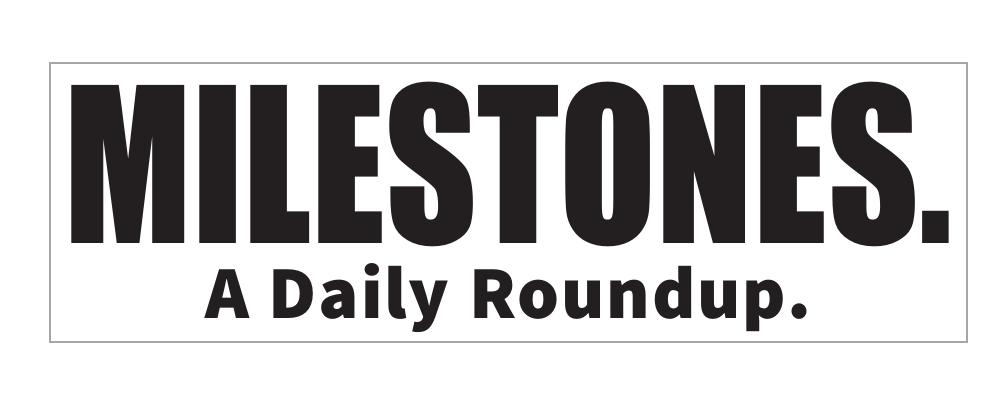Milestones: January 23, 2024

VOTED IN AS A ‘PRACTICAL JOKE’ — THE FIRST WOMAN TO RECEIVE AN M.D. DEGREE IN THE UNITED STATES WAS ELIZABETH BLACKWELL WHO, ON JAN. 23, 1849, GRADUATED FIRST IN HER CLASS. Blackwell (1821-1910) had moved with her family to the U.S. from Bristol, England. Her acceptance to medical school was actually a practical joke from the men voting whether to admit her to Geneva Medical College in upstate New York. Her academic rank as top in her class rankled her male classmates. Yet, Blackwell, who hailed from a progressive, educated family, persevered in her goal to treat women and children and established a clinic in New York City. Despite the antagonism she met from society, she founded the New York Infirmary for Women and Children in 1857. One factor in Dr. Blackwell’s success was her adherence to clean sanitary conditions as an important aspect of health, particularly during wartime.
Blackwell helped establish the U.S. Sanitary Commission in 1861, during President Abraham Lincoln’s administration. Dr. Blackwell opened a medical school for women during the late 1860s.
✰✰✰

Brooklyn Boro
View MoreNew York City’s most populous borough, Brooklyn, is home to nearly 2.6 million residents. If Brooklyn were an independent city it would be the fourth largest city in the United States. While Brooklyn has become the epitome of ‘cool and hip’ in recent years, for those that were born here, raised families here and improved communities over the years, Brooklyn has never been ‘uncool’.